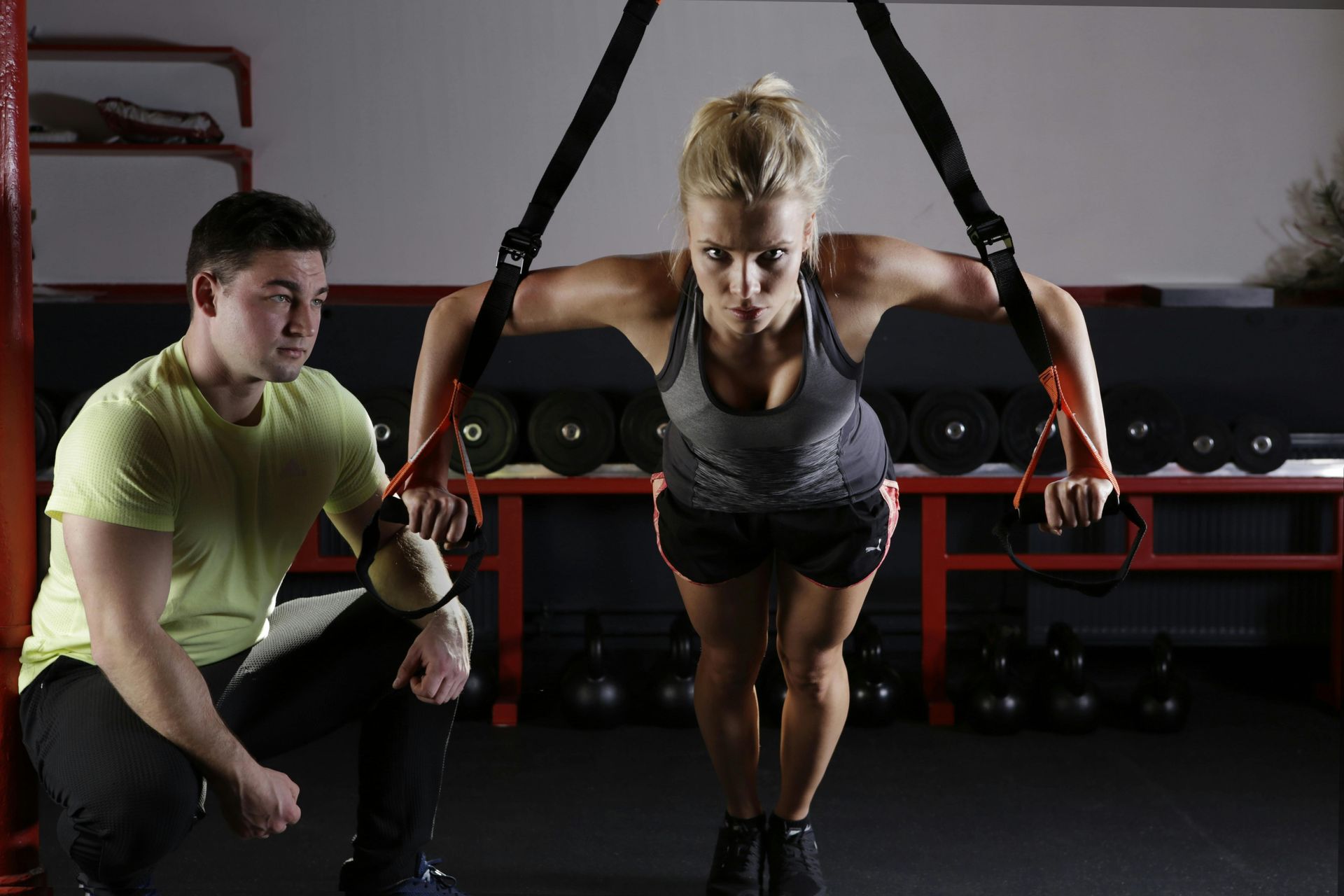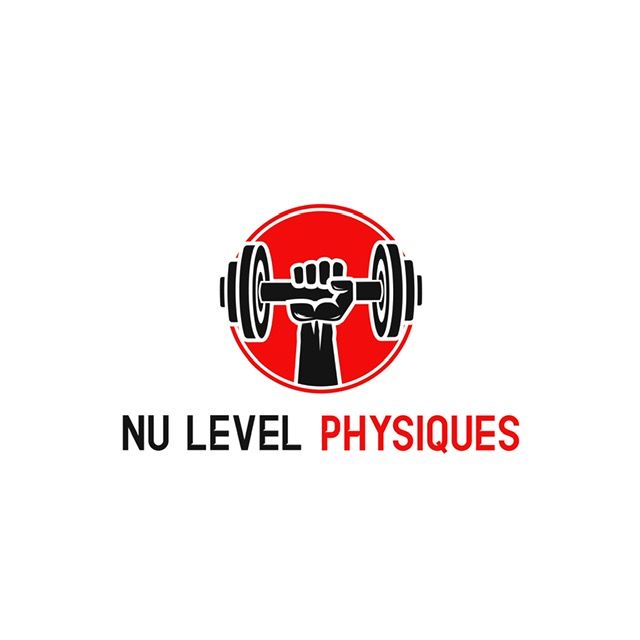6 Powerful Tips for Success in Fitness as a Beginner
Tips for success in fitness as a beginner — Learn actionable and powerful fitness strategies to start your journey with confidence and long-term results.

Starting your fitness journey can feel like standing at the base of a mountain you’ve never climbed. With conflicting advice, unfamiliar routines, and doubts about what really works, it's no wonder many beginners feel overwhelmed. But here's the truth — success in fitness isn't about doing everything at once. It's about taking smart, sustainable steps that build momentum.
In this article, you'll uncover six essential, powerful tips to help you create a strong foundation in fitness. These are the same principles that top trainers and seasoned athletes swear by when guiding beginners toward lasting transformation.
Why Getting Started with Fitness Feels Overwhelming
Everyone has different starting points. Whether you’re battling low motivation, unsure where to start, or recovering from past injuries, the beginning is often the hardest part.
- Information overload from social media
- Fear of judgment at the gym
- Unrealistic expectations or "all-or-nothing" thinking
But remember: your journey is your own, and taking the first step—however small—is already a win.
Tip #1: Set Clear, Realistic Fitness Goals
Before diving into workouts or diets, get clear on why you're starting.
SMART Goals Framework
Use SMART goals to provide structure:
- Specific: “I want to lose 10 pounds in 8 weeks” vs. “I want to get fit.”
- Measurable: Track your weight, reps, or steps.
- Achievable: Be honest about your starting point.
- Relevant: Align your goals with your lifestyle and motivation.
- Time-bound: Set deadlines to keep yourself accountable.
Aligning Goals with Your Lifestyle
Wanting to train 6 days a week sounds great—but is it doable? Start with 2-3 quality sessions and work up. Focus on consistency, not perfection.
Tip #2: Build a Solid Workout Routine
Your routine should excite you, not drain you.
Choosing the Right Workout Split
Pick a beginner-friendly split:
Split Type Frequency Ideal For Full Body 2–3x/week Total beginners Upper/Lower 4x/week Building strength Push/Pull/Legs 5–6x/week Intermediate/Advanced Pro tip: Mix resistance training with a bit of cardio to build endurance and strength.
Frequency vs. Intensity
It’s better to work out 3 times per week at 100% effort than 6 times at 30%. Let your body adapt. Progressive overload (gradually increasing weights/reps) will naturally improve your strength and physique.
Tip #3: Focus on Nutrition Without Dieting
You don’t need to cut out carbs or starve yourself to see results.
Basic Nutrition Principles for Beginners
- Protein first: Helps with muscle growth and keeps you full longer.
- Eat whole foods: Focus on lean meats, veggies, fruits, complex carbs.
- Hydrate: Drink half your body weight in ounces of water daily.
- Balance your plate: Think 40% carbs, 30% protein, 30% fats.
Creating a Sustainable Meal Plan
Rather than a “meal plan,” aim for a meal structure:
- 3 solid meals per day + 1-2 snacks
- Pre-prep meals 2–3 days ahead
- Plan around your work/life schedule
Tip #4: Track Progress Beyond the Scale
The scale isn’t the only tool that matters.
Using Photos, Strength Logs, and Measurements
- Take weekly photos in the same lighting and clothing
- Track strength PRs in a journal or app
- Measure waist, hips, and chest monthly
Seeing visible or strength changes can be more motivating than chasing pounds.
Understanding Non-Scale Victories (NSVs)
- Better sleep
- Mood improvements
- Increased energy and stamina
- Clothes fitting differently
These are powerful reminders that you’re growing—inside and out.
Tip #5: Prioritize Recovery and Sleep
Muscles don’t grow in the gym—they grow while you rest.
The Role of Rest in Muscle Growth and Fat Loss
- Schedule 1–2 rest days per week
- Rotate muscle groups to avoid overtraining
- Incorporate active recovery like stretching, yoga, or walking
Recovery also reduces cortisol (stress hormone), which can otherwise block fat loss.
Sleep Hygiene for Fitness Success
Sleep is a secret weapon for fat loss, hormone balance, and mental clarity.
Tip Benefit Stick to a schedule Improves quality of sleep No screens 60 mins before bed Boosts melatonin production Keep the room cool/dark Enhances deep sleep Aim for 7–9 hours nightly. If you’re training hard and sleeping poorly, you’re spinning your wheels.
Tip #6: Create a Support System and Stay Consistent
No one does it alone.
Accountability through Coaching or Community
- Hire a coach or join a challenge group
- Share your goals with friends or on social media
- Join a gym class or online community
Feeling seen and supported helps you show up even when motivation fades.
Developing Mental Toughness
- Discipline > motivation
- Use affirmations and journaling
- Focus on small wins each week
Fitness is a mental game as much as a physical one. When the mind shifts, the body follows.
Common Mistakes Beginners Should Avoid
Avoid these traps early on:
- Overtraining: More isn’t always better. Start small.
- Comparing to others: Everyone’s journey is unique.
- Relying on motivation alone: Build habits instead.
- Jumping from plan to plan: Stick to one for at least 8 weeks.
- Neglecting form: Learn proper technique first, then increase weights.
FAQs
How many days a week should a beginner train?
Start with 2–4 days depending on your schedule. Focus on consistency before adding volume.
Can I lose fat and build muscle at the same time?
Yes—especially if you’re new to training. This phase is called body recomposition and works best with proper training and high-protein intake.
What’s more important: diet or exercise?
They’re both key, but you can’t out-train a bad diet. Think 80% nutrition, 20% training.
How long will it take to see results?
Expect to notice changes in 4–6 weeks. Others may notice by week 8–12 if you’re consistent.
Should I do cardio or weights first?
If your goal is muscle, lift weights first. If endurance is your focus, start with cardio.
Is soreness necessary for muscle growth?
No. While soreness can indicate a good workout, progression matters more than how sore you feel.
Conclusion: Start Strong and Stay Committed
Beginning your fitness journey doesn’t require perfection—it requires progress. By setting realistic goals, focusing on nutrition, tracking your wins, and building a support system, you’ll gain confidence, consistency, and results.
Remember, you’re not just training your body. You’re building a lifestyle rooted in discipline, health, and self-respect. And that transformation? It’s worth every drop of sweat.
